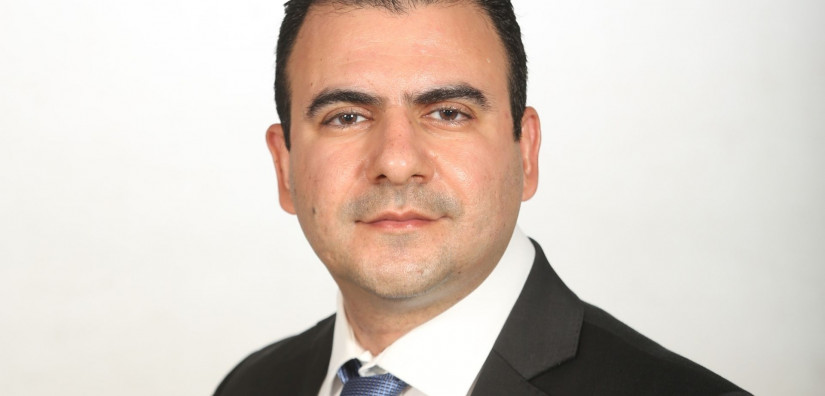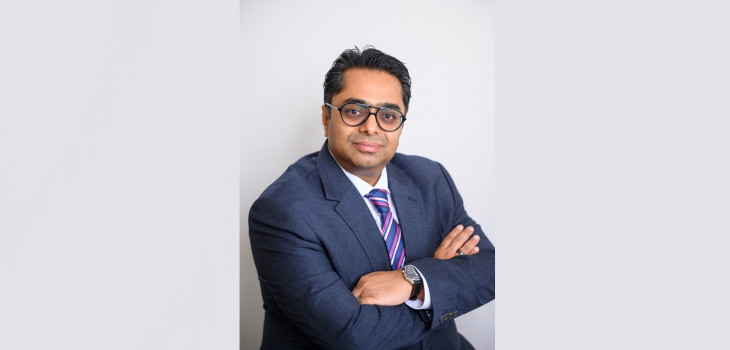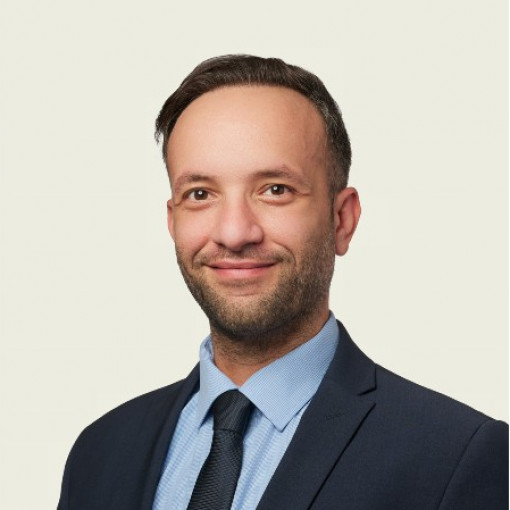
The CFA Institute highlights the importance of continuous professional development for investment professionals
The CFA Institute, a US-based institution which administers the Chartered Financial Analyst (CFA) Program and awards the CFA Charter to successful candidates, has established the Code of Ethics and Standards of Professional Conduct (“CFA Code and Standards”). Since their creation in the 1960s, the CFA Code and Standards have been considered the most comprehensive and widely accepted measure of ethics in the investment profession, globally. Since the beginning of the year 2024, a new Standard on “Competence” has been introduced, which emphasizes the importance for investment professionals to act, maintain and improve their professional competence and support other investment professionals in improving their competence as well. This article examines the importance of Professional Competence in the investment industry, how investment professionals can advance their professional development, the role of employers and some best practices they can apply. The article also outlines some actions taken by the CFA Institute and the CFA Society Cyprus, which represents and supports local CFA Charterholders, for the continuous professional development of investment professionals.
The aim of the Code of Ethics is to set the key principles of conduct the CFA Institute expects from its members and CFA Program candidates, whereas the Standards outline professional conduct that constitutes fair and ethical business practices. By including “Competence” as a new Standard of the revised CFA Code and Standards, the CFA Institute acknowledges that continuous professional development is not only a tool for career advancement but also a fair and ethical business practice of investment professionals like other duties under the Standards of Professionalism, Integrity of Capital Markets, Duties to Clients, Duties to Employers, Investment Analysis, Recommendations and Actions, Conflict of Interest and Responsibilities as a CFA Institute Member or CFA Candidate.
Investment professionals often change roles and responsibilities as they progress in their career, and require new or different knowledge, skills and abilities. Furthermore, new concepts are introduced in Finance, such as Data Science, Artificial Intelligence, Blockchain and Cryptocurrencies, ESG and Sustainability, which are essential in forming the future of Finance. In this context, investment professionals should maintain and improve their competency by taking the necessary actions for their career and professional development. This may be achieved by attending seminars, webinars and conferences, studying to obtain professional certifications and designations in the area of their work or even through self-study of professional articles and publications.
The CFA Institute has recently made a remarkable contribution for the community of investment professionals by launching the CFA Institute Research and Policy Center with four thematic areas: Capital Markets, Technology, Industry Future and Sustainability. In addition, it has offered a comprehensive Digital Member Experience for CFA Charterholders, which includes, inter alia, Practical skills modules, such as Financial Modeling and Programming in Python, access to the Financial Analysts Journal and Ethics Learning Lab, Career resources and access to key datasets (including Morningstar, MSCI Indexes and FactSet).
As CFA Society Cyprus, we also support the continuous professional development of our members. In recent years, we have established partnerships with local educational and professional training institutions and offered to our members eLearning training courses (up to 20 hours of training for each member), which fulfils the requirements of Cyprus Securities and Exchange Commission (CySEC), the local supervisory authority of investment and fund management companies, for continuous professional training. This initiative has been appreciated and endorsed by our members, since a significant number of CFA Charterholders are currently working in the investment services and fund management sectors in Cyprus and are registered in the corresponding registers of CySEC. The online courses offered to our members span across a wide range of topics, including Funds Regulations, MiFID, AML, Compliance, Risk Management, ESG, Market Abuse, Best Execution, Corporate Governance, Business Ethics and Blockchain. Apart from CySEC requirements, these courses also qualify for the requirements of the CFA Institute Professional Learning Program.
Employers and HR department of investment companies also have an important role to play in the continuous professional development of their employees, by offering incentives and rewarding those, who are passionate and committed to continuous learning and development. There are plenty of good practices for employers: (1) Setting measurable targets to employees for professional learning based on their duties and responsibilities, (2) Developing an internal professional learning program (similar to the one introduced by the CFA Institute), which will offer the opportunity to employees to record the courses and seminars they attend, as well as articles included in their self-study, (3) Allocating to employees a certain budget and study leave for continuous professional development, (4) Ensuring that the continuous professional learning is an integral part of employees’ appraisal, (5) Encouraging employees to undertake various volunteering roles and activities that improve their leadership and other interpersonal skills.
Soft skills are also essential for continuous professional development, especially for professionals working in teams, facing clients, or holding managerial positions in their organizations. Some of the most important soft skills for professional success are communication skills, leadership and management skills, emotional intelligence, teamwork, project management and negotiation skills. There is a plethora of available courses that aim to provide a theoretical background on how to develop these skills, but the most practical and effective way is volunteering. As CFA Society Cyprus, we offer many volunteering opportunities to our members, which contribute to the development of their leadership and other interpersonal skills. Nevertheless, the most important incentive for our members is the opportunity to utilize their knowledge and professional expertise by offering to society at large.
All accomplishments and successful initiatives of our Society are supported by the volunteer work and engagement of our members. As CFA Society Cyprus, we have developed four committees: (1) The Advocacy Committee, which aims to advocate expertise in the local investment community and promote high ethical standards across the investment profession by providing advice on financial policies and regulations, (2) The Research Challenge and University Relations Committee, which strengthens relations with local universities, as well as aims to provide training, mentoring and real-world experience in financial analysis and equity valuation to university students by organizing the local CFA Institute Research Challenge competition (3) The Financial Literacy Committee, which aims to build and promote financial literacy by engaging CFA Charterholders to deliver presentations on basic financial topics to lyceum students of public and private schools, and (4) The Diversity, Equity and Inclusion (DEI) Committee, which aims to raise awareness on gender and other biases in the workplace and investment industry by organizing various events and providing consultation on policy matters.
In a nutshell, professional competence is not just a tool for career advancement, but it is an ethical duty for investment professionals, who should invest in their continuous professional development and remain current in a fast evolving and dynamic working environment. In other words, this ethical duty should be applied in their business practices. Continuous professional development should target both knowledge and practical skills relevant to the duties and responsibilities of the investment professional, as well as interpersonal skills, such as leadership, project management, and empathy, which may be developed by undertaking various volunteering activities.




